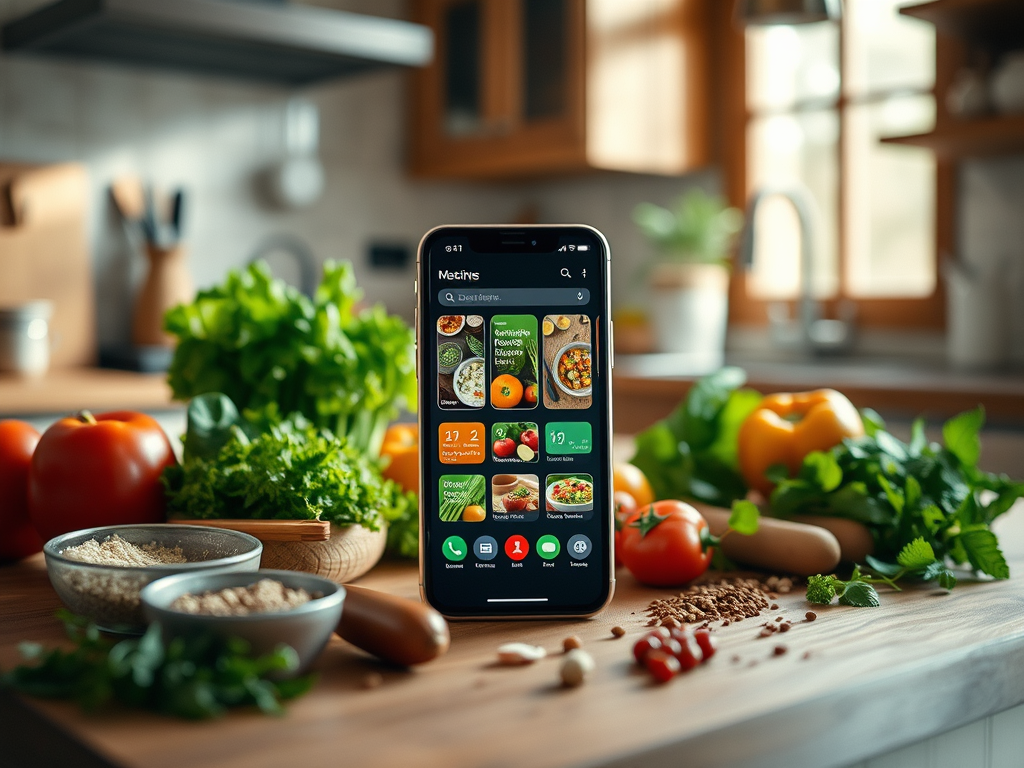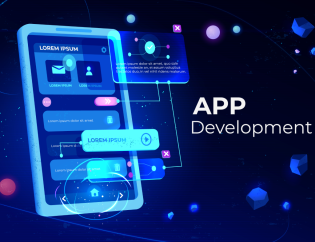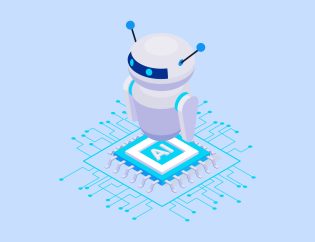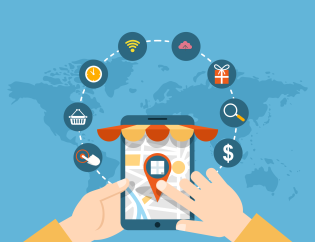
In recent years, the rise of artificial intelligence (AI) has touched almost every aspect of our lives, from healthcare to entertainment. One of the most exciting and transformative areas where AI is making a difference is in the kitchen. AI-powered recipe apps are revolutionizing how we cook, making meal planning, preparation, and cooking easier, faster, and more enjoyable. These innovative apps are not just changing the way we find recipes but also personalizing the cooking experience to suit individual needs and preferences.
1. Personalized Recipe Recommendations:
Traditional recipe apps typically offer a set of predetermined recipes that users can browse through. However, AI-powered recipe apps go a step further by learning from the user's habits and preferences. These apps track the ingredients users like, the types of meals they often prepare, and even their dietary restrictions or health goals. Based on this data, the app can suggest recipes tailored specifically to the individual's tastes and nutritional requirements.
For example, if you consistently search for vegetarian dishes or gluten-free options, the app will prioritize those types of recipes in your recommendations. This level of personalization helps users save time and effort when planning meals and ensures they are consistently presented with ideas that match their lifestyle.
2. Smart Shopping Lists:
Another key 🔑 feature of AI-powered recipe apps is the ability to generate smart shopping lists. When a user selects a recipe, the app automatically compiles a shopping list of ingredients required for that meal. It doesn't stop there-advanced AI can even cross-reference the user's pantry inventory to avoid suggesting items they already have at home.
Additionally, some apps integrate with grocery delivery services, allowing users to order ingredients directly from the app. This combination of smart shopping and convenience minimizes food waste and enhances the overall cooking experience by simplifying meal prep.
3. Step-by-Step Cooking Assistance:
AI is also transforming how we approach the actual cooking process. Many AI-based recipe apps now offer voice-enabled features that guide users through each step of a recipe in real-time. This hands-free approach allows users to cook without constantly needing to refer back to the screen or search for instructions mid-cooking.
These apps can provide real-time feedback, adjusting the cooking instructions based on factors such as cooking time or temperature. For instance, if the app detects that a dish needs more time in the oven, it might suggest extending the cooking time or offer alternative methods for achieving the desired results. This level of assistance is particularly valuable for beginner cooks or anyone who wants to ensure their meals turn out perfectly every time.
4. Nutritional Insights and Health Monitoring:
For health-conscious individuals, AI-powered recipe apps offer more than just meal ideas-they also provide valuable nutritional insights. By analyzing ingredients and portion sizes, these apps can calculate the nutritional content of a dish, including calories, macronutrients, and micronutrients. Some apps even integrate with fitness trackers and health apps, allowing users to monitor their daily intake and make adjustments to their diet.
For example, if you're following a low-carb or high-protein diet, the app can suggest recipes that fit those criteria. This data-driven approach helps users make informed decisions about their meals, ultimately supporting healthier lifestyles.
5. Sustainability and Waste Reduction:
AI is also playing a role in promoting sustainability in the kitchen. AI-powered recipe apps are helping users reduce food waste by suggesting recipes based on leftover ingredients. If you have some extra tomatoes, a bit of cheese, or a few eggs lying around, the app can generate recipes that incorporate these ingredients, preventing them from going to waste.
This sustainable approach not only helps users save money but also contributes to reducing the environmental impact of food waste. The ability to creatively use leftovers is a significant step toward reducing our carbon footprint and embracing more eco-friendly cooking practices.
Conclusion
AI-powered recipe apps are redefining the kitchen experience, offering users personalized recommendations, smart shopping lists, real-time cooking assistance, and valuable nutritional insights. As these technologies continue to evolve, the future of cooking promises even greater innovation, making meal preparation more accessible, sustainable, and enjoyable. Whether you're a seasoned chef or a kitchen novice, AI is here to make cooking smarter, easier, and more fun than ever before.









